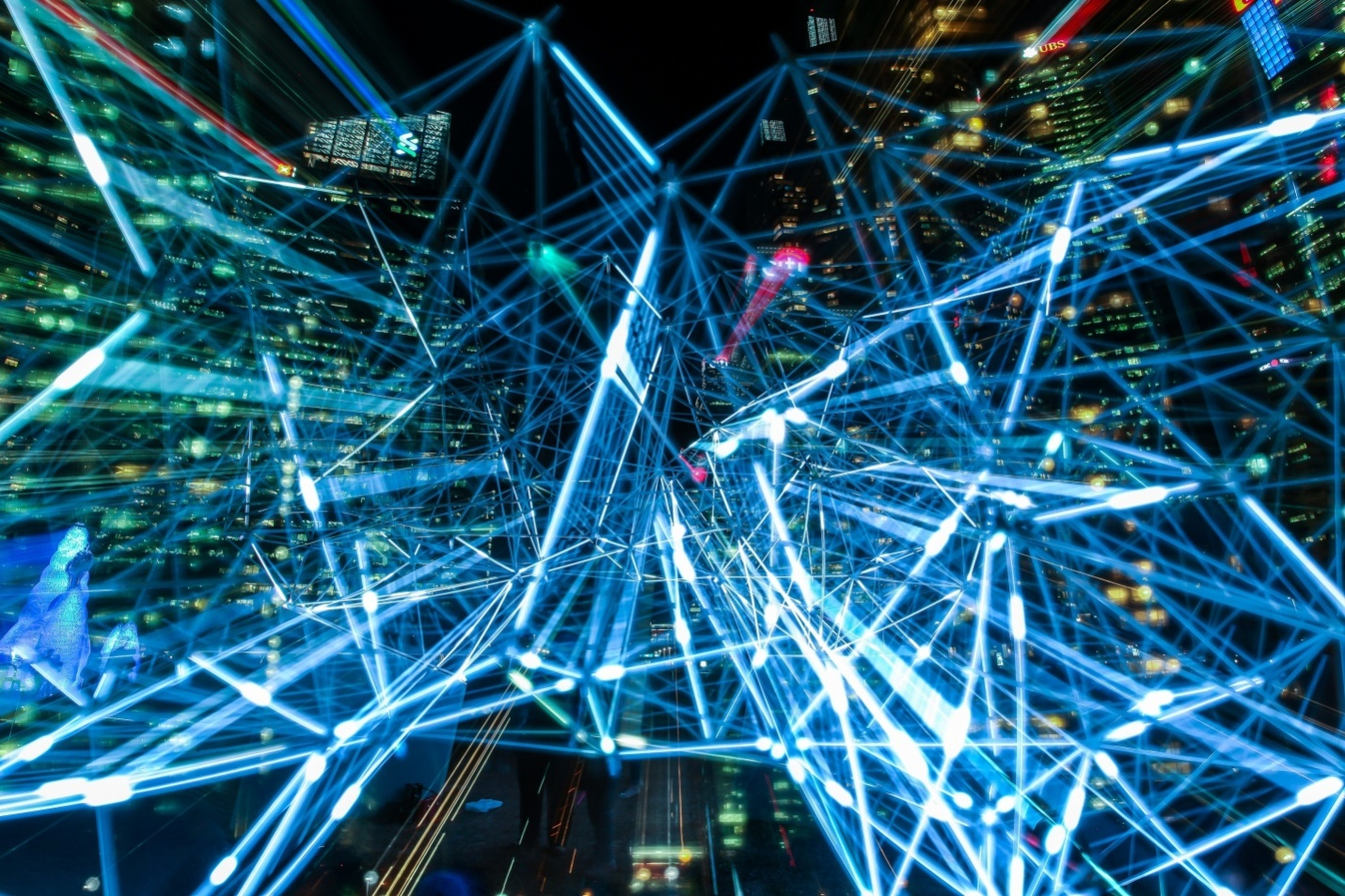In the ever-evolving landscape of modern warfare and security challenges, the integration of cutting-edge technology has become paramount for nations seeking to ensure their safety and sovereignty. One of the most transformative technologies of our time, Artificial Intelligence (AI), has rapidly found its way into the defense sector. AI in defense is not just a buzzword; it is a game-changer, offering myriad applications that enhance efficiency and security in previously unimaginable ways.
Iviry is a cyber-security company in the USA. We are working towards integrating the potential of AI in defense, and in this blog, we will delve into the profound impact of AI on security, exploring its capabilities, advantages, and future potential.
The Evolving Battlefield
The nature of warfare and security threats has undergone a significant transformation in recent years. Traditional forms of conflict have given way to a complex and multifaceted battlefield. Threats can come from state and non-state actors, cyberattacks, terrorism, and even unconventional methods such as drones and autonomous weapons. To effectively address these challenges, defense forces must adapt and utilize the most advanced technologies available.
AI-Powered Surveillance and Reconnaissance
One of the most significant contributions of AI to the defense sector is its ability to revolutionize surveillance and reconnaissance. In real-time, AI-driven systems can analyze vast amounts of data from various sources, including satellites, drones, and sensors. This enables defense agencies to monitor and assess potential threats with unprecedented accuracy.
For example, AI-powered image recognition can identify and classify objects of interest, such as military vehicles or suspicious activities, from satellite imagery or surveillance cameras. These capabilities provide timely intelligence, allowing rapid responses to emerging threats and ensuring the safety of military personnel.
 Enhanced Cybersecurity
Enhanced Cybersecurity
Cyberattacks have become a persistent threat to national security. AI bolsters cybersecurity by identifying and mitigating cyber threats in real-time. Machine learning algorithms can analyze network traffic patterns to detect anomalies and potential breaches faster and more accurately than human operators.
Moreover, AI can be used to develop sophisticated cybersecurity tools, such as autonomous threat response systems, that can adapt to evolving cyber threats. This proactive approach helps defense organizations stay one step ahead of cyber adversaries.
Autonomous Weapons Systems
AI also has a role to play in developing autonomous weapons systems. While this area of AI in defense is controversial and raises ethical concerns, it cannot be ignored. Autonomous drones, for instance, can be programmed to perform reconnaissance, engage targets, and even make split-second decisions to minimize collateral damage.
The key challenge here is to ensure that AI-powered autonomous weapons are used ethically and adhere to international laws governing armed conflict. Striking the right balance between military advantages and ethical concerns is critical to integrating AI into defense.
The Future of AI in Defense
As AI continues to evolve, its role in defense will expand. Future advancements may include the development of AI-driven autonomous vehicles for logistics and transportation, advanced decision support systems for military commanders, and improved threat detection algorithms for cybersecurity.
However, addressing ethical and legal considerations surrounding AI in defense is essential. Nations must work together to establish guidelines and international norms that govern the responsible use of AI-powered weaponry and surveillance systems.
Ready to bolster your defense strategy with cutting-edge AI? Partner with Iviry, your trusted managed security service provider. Explore our cyber security defense solutions and how AI can enhance your cybersecurity infrastructure.




